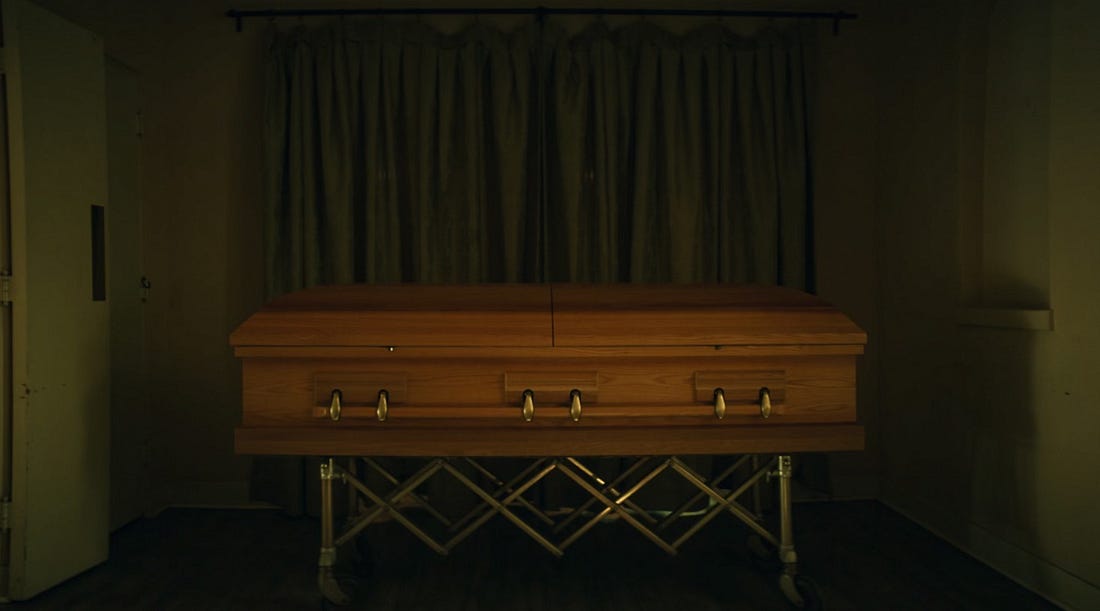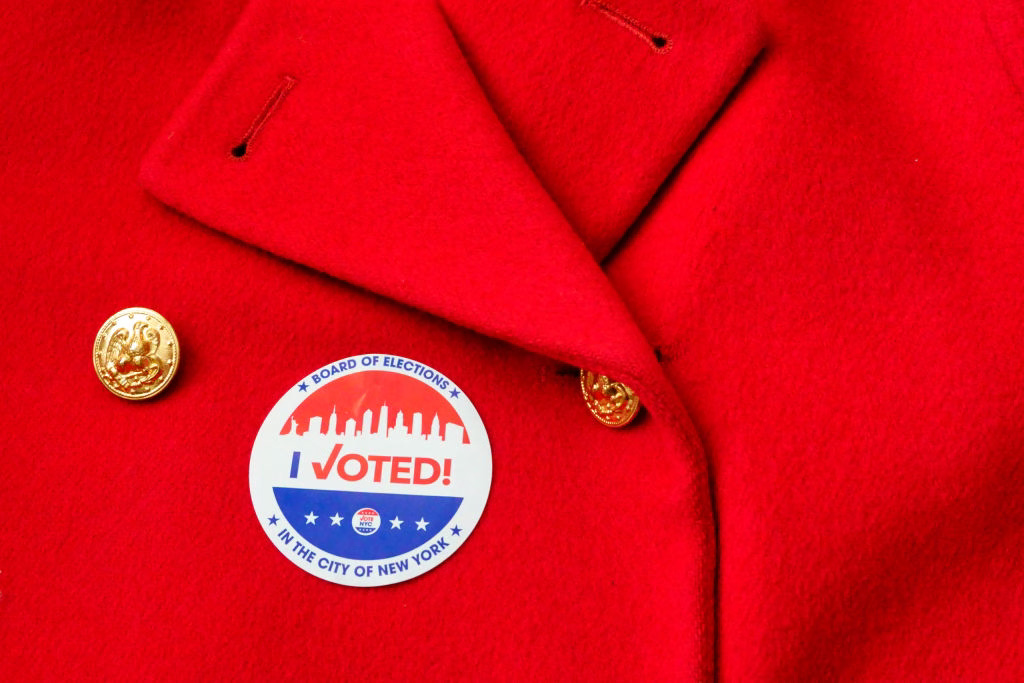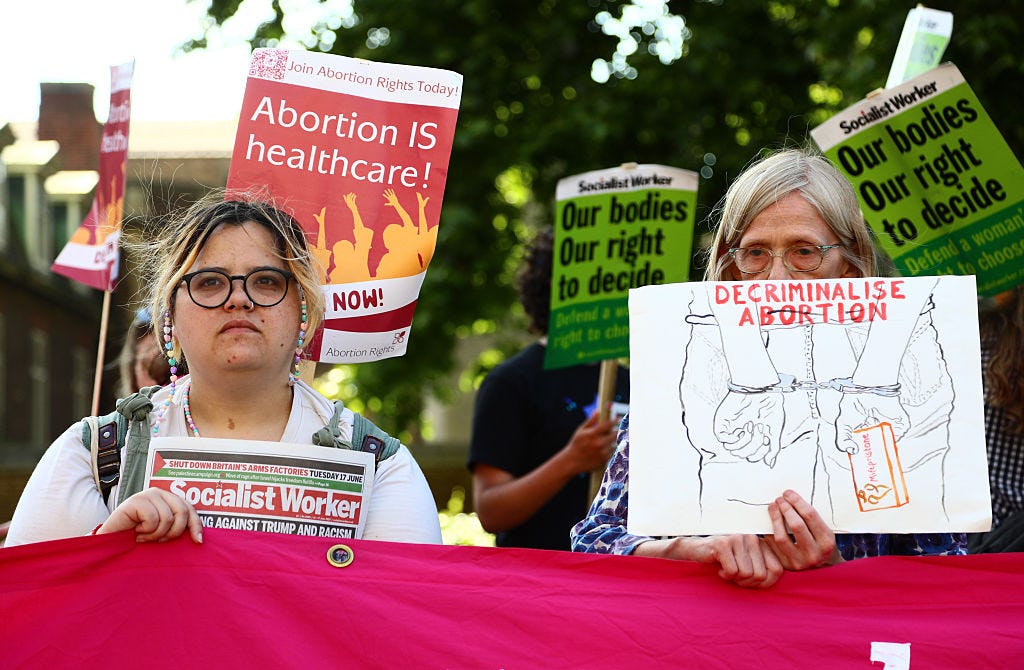 |
| By The Free Press |
It’s Tuesday, June 24. This is The Front Page, your daily window into the world of The Free Press—and our take on the world at large. Today: Trump’s giant gamble with Iran appears to pay off; the case against cremation; why the GOP candidate for New York City mayor has no shot; Zohran Mamdani’s volunteer army; and much more.
But first: The latest developments in the Iran showdown.
At 6 p.m. on Monday, Donald Trump declared a ceasefire. In a post on Truth Social that came as a surprise to just about everyone, the president said: “It has been fully agreed by and between Israel and Iran that there will be a Complete and Total CEASEFIRE.”
Trump congratulated Israel and Iran on “having the Stamina, Courage, and Intelligence to end, what should be called, ‘THE 12 DAY WAR.’ ”
Confusion followed. Iran’s foreign minister initially said there had been no such agreement, before appearing to acknowledge an agreement. Israel did not immediately confirm the deal. Whether or not a deal had in fact been reached when Trump hit send on his post—and whether or not such a deal holds—there were already signs on Monday that Iran was in no mood or position to escalate. Yes, Tehran fired missiles at a U.S. military base in Qatar, but only after telegraphing the attack to the Qataris, who informed Washington. It was, as one official tells Jay Solomon in his piece for The Free Press today, “basically a kabuki dance.”
And so, as of late Monday, it looked like Trump’s gamble had paid off. He appeared to have struck Iran’s nuclear program without triggering the kind of inexorable escalation that his doubters—including many in MAGA World—had predicted. That was certainly the message from the president’s party after the news. Republicans boasted of “peace through strength.”
Today, we have three stories covering the latest developments, the strategic big picture, and the political ramifications.
Jay Solomon reports on how the temperature was lowered on Monday—and what a ceasefire might mean for what remains of Iran’s nuclear program.
Next, the historian Victor Davis Hanson says that the way you know Trump’s strikes were a success is “the poverty of both foreign and domestic criticism.” Victor surveys the world after the strikes and explains why he thinks Trump will avoid becoming yet another U.S. president who comes unstuck in the Middle East.
And third, Free Press columnist Matthew Continetti looks at the domestic politics of the strike—and how the Democrats have gone AWOL on Iran. The party has had nothing to say, switching between silence and procedural complaints. “The Iran crisis doesn’t just reveal the Democrats’ irrelevance,” writes Matt. “It exposes a fundamental unseriousness that makes their other problems worse.”
—Oliver Wiseman
Was Trump’s strike on Iran’s nuclear facility a decisive blow—or the start of something bigger, even amid reports of a possible ceasefire deal? In this episode of Honestly, former Israeli ambassador to the U.S. Michael Oren, investigative reporter Jay Solomon, and Free Press Israel correspondent Matti Friedman unpack what we know—and what we don’t—about the Fordow strike, Iran’s next moves, and where we’re headed next.






